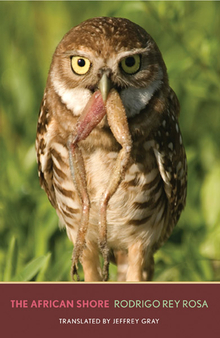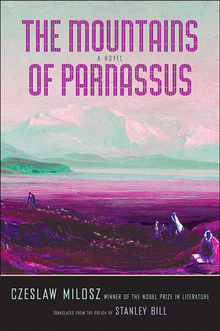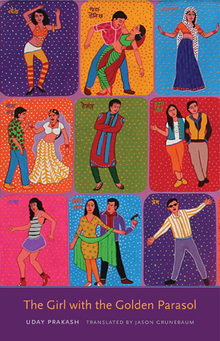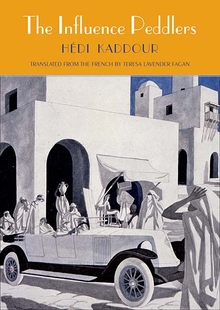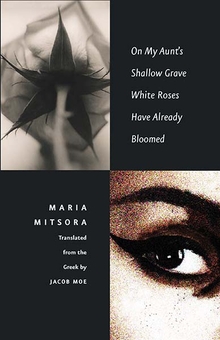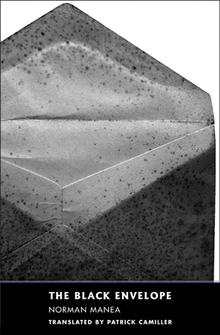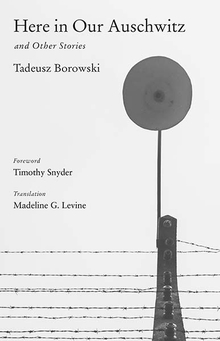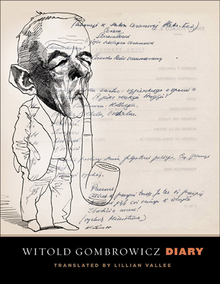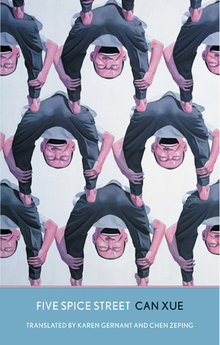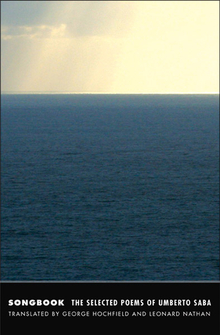The African Shore
WARNING
You are viewing an older version of the Yalebooks website. Please visit out new website with more updated information and a better user experience: https://www.yalebooks.com
Rodrigo Rey Rosa; Translated by Jeffrey Gray
A riveting and highly praised novel by Guatemala’s leading writer of fiction, now in English for the first time
“Rodrigo Rey Rosa is the most rigorous writer of my generation, the most transparent, the one that knows best how to weave his stories, and the most luminous of all.”—Roberto Bolaño
“Quietly mesmerizing. . . . Gray’s unadorned translation, keeping many of the regional exclamations intact, lets the narrative shine, demonstrating why Rey Rosa’s reputation is growing internationally.”—Publishers Weekly
In the vein of the writings of Paul Bowles, Paul Theroux, and V. S. Naipaul, The African Shore marks a major new installment in the genre of dystopic travel fiction. Rodrigo Rey Rosa, a Guatemalan writer with a growing international reputation, presents a tale of alienation, misrecognition, and intrigue set in and around Tangier. He weaves a double narrative involving a Colombian tourist pleasurably stranded in Morocco and a young shepherd who dreams of migrating to Spain and of “riches to come.” At the center of their tale is an owl both treasured and coveted.
The author addresses the anxiety, distrust, and potential for violence that characterize the border of all borders: the strait that divides Africa and Europe, where the Mediterranean and the Atlantic meet. With a prose style at once rich and spare, Rey Rosa generates a powerful reality within his imagined world. He maintains a narrative tension to the haunting conclusion, raising small and large questions that linger in the reader’s mind long after the final page.
With an Afterword by Jeffrey Gray
Rodrigo Rey Rosa is a Guatemalan writer. Many of his works of fiction have been translated and internationally acclaimed, including Dust on Her Tongue, The Beggar’s Knife, and The Pelcari Project, all translated into English by the late Paul Bowles. He lives in Guatemala. Jeffrey Gray is professor of English, Seton Hall University, New Jersey. He is author of Mastery’s End: Travel and Postwar American Poetry and editor of the Greenwood Encyclopedia of American Poets and Poetry.
“Rodrigo Rey Rosa is the most rigorous writer of my generation, the most transparent, the one that knows best how to weave his stories, and the most luminous of all.”—Roberto Bolaño
Publication Date: October 22, 2013

